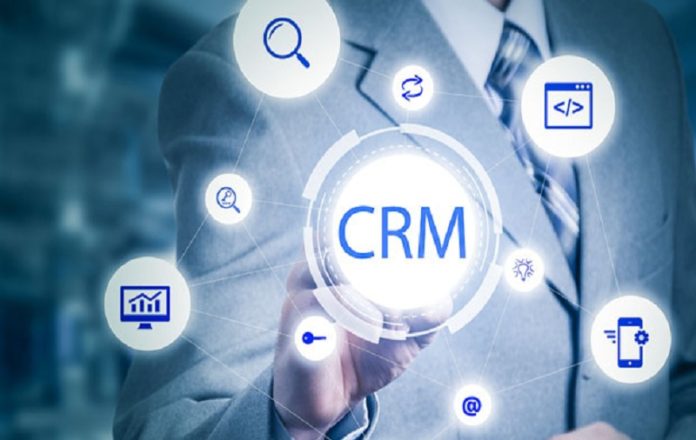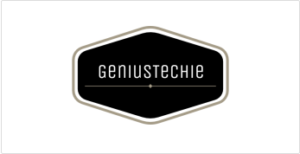Let’s figure out how CRM helps avoid mistakes and earn more.
A CRM is always discussed in such a strange language as if it is some kind of a hadron collider, but in fact, it’s just a program for business management. However, it’s very smart since it helps to increase profits by 40-50%, reduce costs, and process requests 2 times faster. But what is a CRM and what exactly does it do?
How does it work?
The CRM definition or abbreviation stands for Customer Relationship Management. According to Diceus, a CRM system, with the help of process automation, helps build a more effective dialogue with a customer, avoid mistakes, and sell more.
What does it look like in a CRM? Imagine an Excel table with your customer database, and by clicking a customer’s name, you have a convenient card that contains the entire chronology of working with him/her, from the first call to purchase. Here you can listen to calls, view the history of purchases, create documents according to a template, write an email or SMS, set a task.
When clients call you, a CRM offers to open their card, and you immediately welcome them by name. Even if a customer was previously led by another manager, you can easily answer their questions without any check-outs and call-backs. A CRM system will send the client a message about the status of the order and remind him/her of the meeting. As a result, you save time, both yours and the client’s, making it more loyal and serious about buying.
Everything you need to work with your client is available in a single field in his card, you will not have to switch between programs.
This is just a small part of what a CRM means. A CRM will send the client an SMS about the status of the order and remind him of the meeting. As a result, you save time – and yours, and the client. So, you make it more loyal and configured to buy.
Everything you need to work with the client is available through one window in his card, you will not have to switch between programs.
This is just a small part of what a CRM system means. I will also list other CRM features:
- Оrders and trades register;
- Task and project management;
- Clear online reports;
- KPI set-up and monitoring;
- Client booking for services;
- Document designer;
- Service cost calculator;
- Financial management;
- Email, phone, social network, SMS, and newsletter integration;
- Business processes automation.
Automation is the last thing to do but not because it’s the least important. On the contrary, it is automation that helps put sales in autopilot mode, so that everything works fast and is transparent, with minimized “human factor” mistakes. A CRM takes over all the routine: forms documents according to a template, sets tasks for managers at each transaction stage, sends messages to customers, creates online reports on all indicators, calculates service costs using a built-in calculator, and tracks important dates (reminds to extend the contract, issue an invoice for payment, offer service, etc.).
Thanks to CRM, managers make fewer mistakes and, therefore, sell more often. And it becomes easier to run a company, i.e. spend less time on monitoring and gets more resources for business development.
Effect
In short, a CRM system helps you earn more and easier, so you can more successfully develop your business. In 2015, Capterra (the consulting company) surveyed 500 companies and found that after the introduction of a CRM, their profits increased from 25 to 35%.
Thanks to a CRM, other indicators grow as well, e.g. application processing, document preparation, a number calls, monthly profits, and the average transaction receipt.
Behind each of these indicators hides the benefit of a real company, and together they allow a business to develop faster:
- The acceleration of managers’ work means that they will be able to spend more time on sales and, thus, increase the transaction volume.
- Sales growth and increase of the average check give an increase in profit.
- Increased profits provide an opportunity to invest more resources in business growth.
- Business development gives even more profit, as well as an opportunity for a manager to become the head of a large successful company.
How do I know if I need CRM?
A CRM system will work for you if …
You have a sales department and your customer service is based on phone calls, letters, and meetings. You need to store your communication history in one place to keep attracting new leads and building long-term relationships with them, e.g. a CRM system with integrated telephony is ideal for online stores or wholesalers.
A CRM system will not work for you if …
You are the owner of a retail store, not interested in building long-term relationships with customers, do not call and or send emails/notifications. Alternatively, if you work under long-term contracts based on personal relationships – no program will help here, and the profit depends solely on the manager’s experience.







![SIMS 4 Download Free For PC Full Version 2019 [UPDATED] SIMS 4 Download](https://www.geniustechie.com/wp-content/uploads/2019/03/SIMS-4-Download-100x70.jpg)

